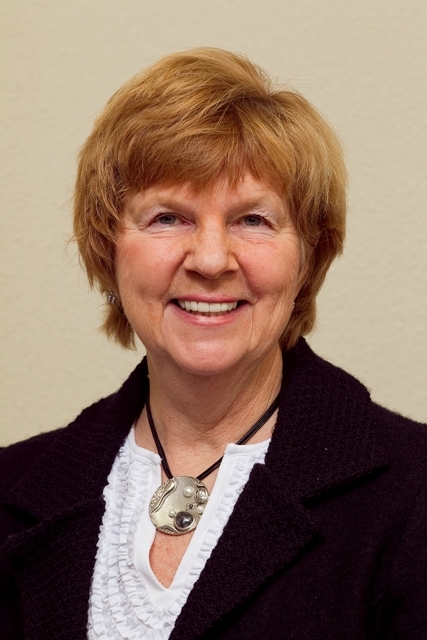Grant establishes College of Education as national resource for education reform
As the result of a five-year grant of more than $1.4 million from the U.S. Department of Education’s Comprehensive Centers Program, educators across the country looking to adopt new and innovative practices in their school districts will now call Temple.
The grant will enable the College of Education's Institute for Schools and Society to establish the Center on Innovations in Learning (CIL), one of only seven Comprehensive Content Centers in the country.
"This is certainly one of the largest grants we have received recently, and it is truly exciting to participate in educational reform at the national level," said Marilyn Murphy, principal investigator and director at the Center on Innovations in Learning.
The role of the content centers is to increase the capacity of state education agencies nationwide to improve educational outcomes for students. Each center will provide expertise and services in specific high-priority areas. Fifteen regional centers will align with the work of the content centers to build the ability of state agencies to implement, support, scale up or sustain educational initiatives statewide.
“These centers will help low-performing schools and districts close the achievement gap,” said U.S. Department of Education Secretary Arne Duncan. “They provide valuable support of the Administration’s P-12 initiatives to ensure that every child is able to receive a high-quality education.”
Temple's CIL will focus on educational innovations at all grade levels.
"We will determine what new approaches teachers and administrators across the country are looking to implement in their respective districts, schools and classrooms. Then we do the footwork," said Murphy. “We find out, based on research, what works, and we help them make good decisions.”
Each of the other six content centers will have its own area of focus, including standards and assessment implementation, great teachers and leaders, school turnaround, early learning, college and career readiness and building state capacity and productivity.
Temple’s CIL will emphasize personalized learning, game theory, learning technology, learning in and out of school, distance learning and managing total school improvement.
According to Murphy, a common misperception is that most individuals and organizations view innovation as primarily involving technology. But innovation comes in many forms.
For example, when we think of gaming nowadays, it's video games that come to mind. "But, games have been around for a long time," said Murphy. "And the system of rules and rewards in games have a long history of being used effectively — or not — in the classroom."
Innovation can also mean different ways of doing business or a different approach to school management.
"That’s how we help the organizations move forward, by providing them with research and information on the latest educational models and techniques out there," said Murphy .
The CIL partners with a network of scientific and technical consultants who will provide expertise and support as needed when a regional center or state agency needs information or technical assistance sifting through the research. And because cost is commonly an issue, CIL consultants can determine which approach might make the most sense in economic terms.
"We want to ensure that before implementing a strategy or purchasing a tool, schools and other educational organizations are fully aware of what the research shows may or may not be effective — and why or why not," said Murphy.
"And when they are ready to implement something new, we are there to help roll it out."
